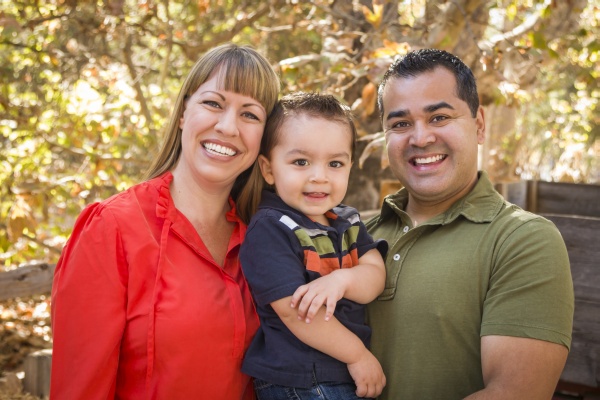7 Infant Teeth Care Tips to Keep the Baby’s Mouth Healthy

Infant teeth care will ensure your baby's dental health as they grow. There is a common misconception that milk teeth, or primary teeth, do not matter that much, but nothing could be further from the truth. Healthy milk teeth create space in the jaw for permanent teeth. They shape the jaw and determine how the adult teeth will be spaced and arranged.
To prevent a future full of orthodontic visits, care for your baby's primary teeth with a few simple tips:
Infant teeth care tips
1. Start cleaning the baby's mouth before the teeth come out
Even gums with no teeth need care, so clean the baby's mouth after each meal and before bedtime. Dip some gauze in warm water, wrap it around the finger and gently wipe the gum.
Cleaning the gum provides a clean environment for the milk teeth to grow in. It also allows the baby to get used to an oral hygiene routine.
2. Start caring for baby teeth as soon as they erupt
The first few baby teeth will appear between six and 12 months. By the time the child turns three, they will have about 20 teeth. Healthy milk teeth will help the child chew and talk properly. They will also act as placeholders for permanent teeth, which is why they have to be kept in good condition.
When the first tooth erupts, start brushing. Do it twice a day: once during the day and once before bedtime. There are special toothbrushes made specifically for baby teeth. They have small heads, soft bristles and large handles.
Brush the baby's teeth with a speck of toothpaste the size of a grain of rice until the baby turns three. At this point, a pea-sized blob of toothpaste can be used.
3. Do not let the baby sleep with a bottle
The teat of a baby bottle can encourage the growth of bacteria that cause tooth decay, so let the baby fall asleep with a clean and empty mouth.
4. Be on the lookout for tooth decay
For milk teeth, tooth decay manifests as brown or white spots on the enamel. If tooth decay is noticed, the baby should be taken to a dentist, who will stop the decay before it causes the teeth to fall out before their time.
5. Phase out the bottle with a cup
To prevent the tongue from pushing the teeth forward, the sucking motion of using a bottle or a pacifier should be stopped as the baby gets older. At six months, a baby is able to drink from a cup. So, use less of the bottle and more of the cup.
By the time the baby is a year old, the bottle should be completely phased out.
6. Wean the baby off the pacifier
If the baby is not interested in a pacifier, that is great. Do not force one on them. But if the baby likes pacifiers, get an orthodontic model and wean the baby off the pacifier as soon as possible.
7. Keep the baby from developing a sweet tooth
Babies are not born with a sweet tooth, but they can develop one. Do not put sugary drinks in the baby's bottle or sippy cup; choose water instead. And do not dip the baby's pacifier in a sweet substance like syrup.
By limiting the baby's sugar intake, a parent will guarantee the dental and general health of the baby for years to come.
Start using these infant teeth care tips today
How you teach your child to take care of their mouth will stick with them for the rest of their lives. Build a good foundation by teaching your child how to take care of their teeth. Contact one of our dentists for more information about taking care of baby teeth.
Request an appointment here: https://dgfw-test-textcontrast.dgdevnext.com or call Meshia Azad DDS at (949) 625-1570 for an appointment in our Lake Forest office.
Related Posts
If your child’s tooth is knocked out, a pediatric dentist can help you choose the right plan of action to minimize long-lasting effects on your child’s smile and dental health. Regardless of whether they unexpectedly lose a baby tooth or a permanent tooth, it is important to visit a dentist as soon as possible. The…
Thinking you should find a dentist for kids because you are currently experiencing difficulty when it comes to getting your kid to the dental office? As a parent, you know how difficult it can be to get your kid to willingly go to all of their dental appointments. You have probably tried everything you can…
Are your wondering if your children need a kids dental specialist? Some children struggle with dental visits, so it may be useful to see a specialist who understands their needs.A kids dental specialist, also known as a pediatric dentist, participates in additional training to provide oral care services for children. A dentist who specializes in…
When it comes to understanding the ideal cavity treatment for kids who have one or more cavities, making an appointment with a kids' dentist is highly suggested! A dentist for kids is a professional dentist who has decided to focus on providing quality dental services for people until about they reach the age of about…

